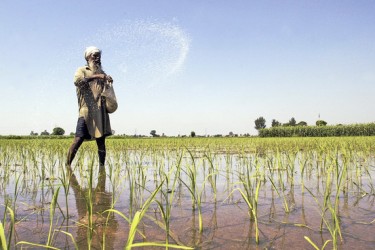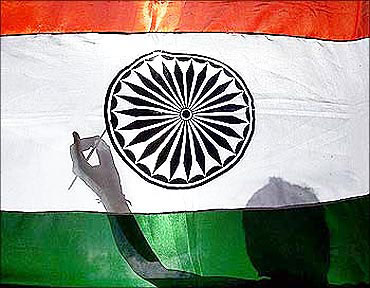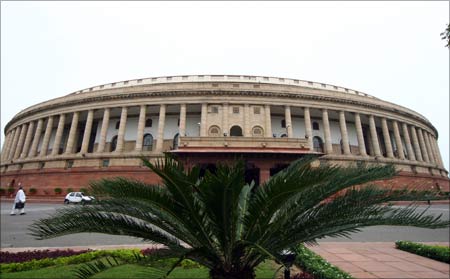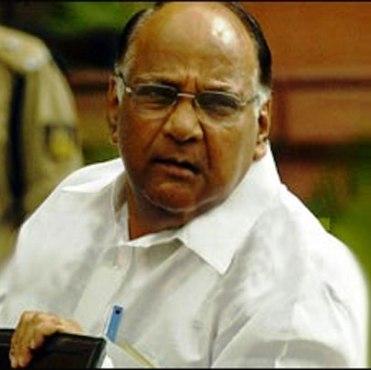 | « Back to article | Print this article |
Pesticides banned abroad used in India, admits Minister
As many as 67 pesticides that have either been banned or severely restricted by some countries, have been allowed for use on crops in India, Agriculture Minister Sharad Pawar admitted in the Rajya Sabha on Friday.
He said during Question Hour that 27 pesticides, including calcium cyanide, have been banned for manufacture, import and use in India.
Nicotin Sulfate and Captafol have been banned for use in the country but their manufacture is allowed for export, he said adding four pesticide formulations have been banned for import, manufacture and use while seven others have been withdrawn.
Thirteen pesticides, including Endosulfan have been allowed with restricted use.
Click NEXT to read further. . .
Pesticides banned abroad used in India, admits Minister
"However, there are 67 pesticides allowed for use in India which have been either banned or severely restricted by some countries," he said.
Asked why these pesticides were being allowed for use in India, he said some countries have banned use of these pesticides but others like Brazil and Australia continue to use them.
"We take all precautions (in allowing use of pesticides). Certain countries have banned them but certain countries have allowed their use.
"We have taken opinion of scientific community and considered interest of farming community in allowing their use," he said.
Click NEXT to read further. . .
Pesticides banned abroad used in India, admits Minister
On reports of presence of high level of pesticides in fruits and vegetables in cities like Delhi, Pawar said samples are collected from time to time and 'appropriate' action taken. In 2007-08, 41,000 samples were collected of which 3.17 per cent were found to be sub-standard.
Next year, 2.99 per cent of the 43,488 samples collected were found sub-standard while in 2009-10 3.1 per cent of 54,661 samples collected were found in that category, he said.
On use of Endosulfan, Pawar said four different committees of scientists have certified it as being safe for use.
Click NEXT to read further. . .
Pesticides banned abroad used in India, admits Minister
However, in view of request from Kerala state government, its use has been disallowed in Kerala. Similar request has been received from Karnataka and use of Endosulfan is in the process of being stopped in the state.
In respect of pesticides not banned under the Act, there have been instances whereas in some areas stipulations on dosage, crops and method of application were not adhered to mainly due to lack of awareness, he said.
"However, analysis of samples of agricultural commodities, including vegetables, collected for detection of pesticide residues has so far not indicated use of any pesticide banned under the Insecticides Act, 1968."



